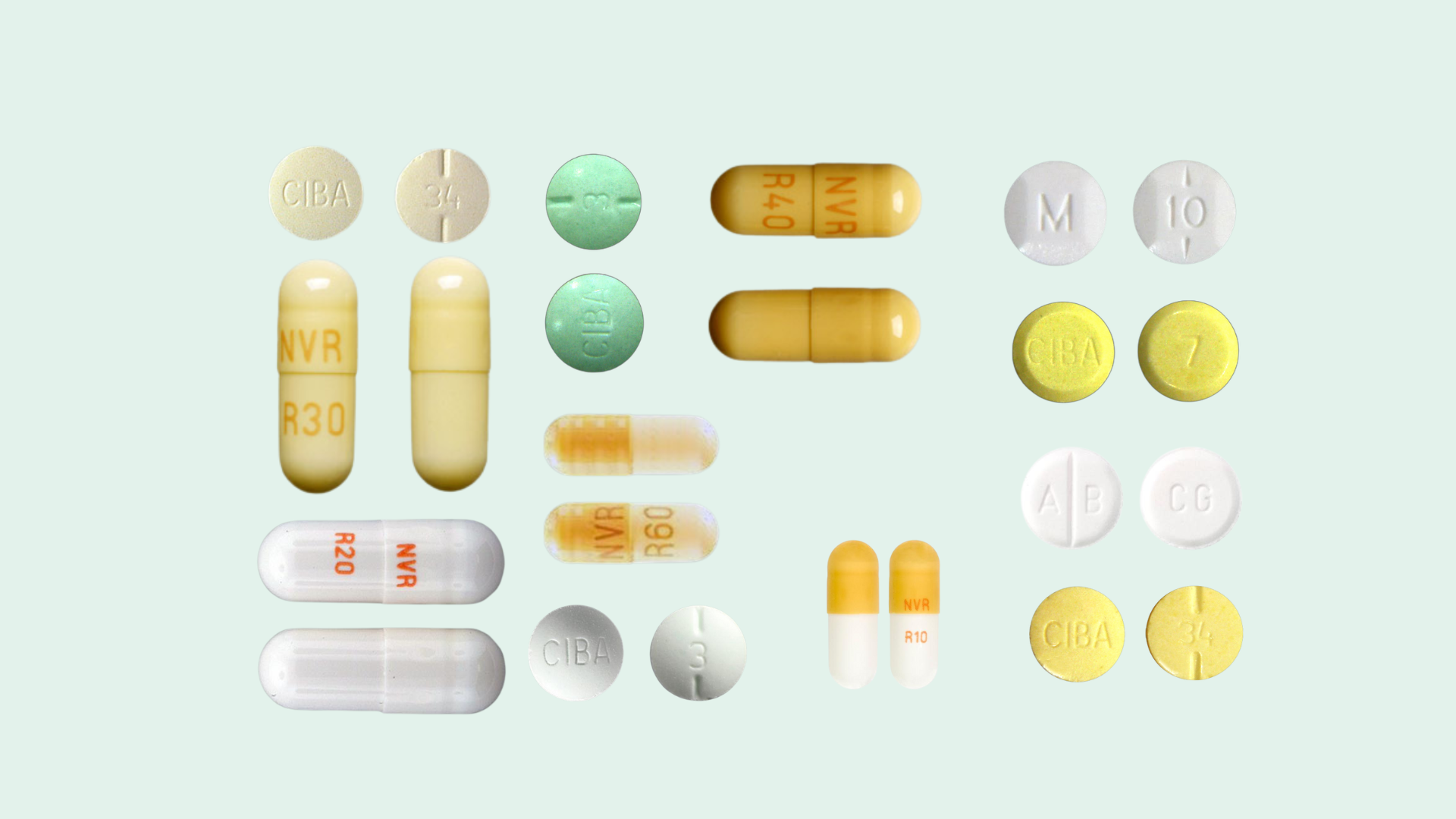Understanding Ritalin Abuse
As Ritalin becomes more frequently used for ADD/ADHD, the potential for abuse and addiction increases. The medication is more effective than caffeine but not as strong as amphetamines, so it remains a popular choice for children and adults. Misuse – using the medication more often or in higher doses than prescribed – can have damaging side effects. Recognizing these side effects is essential to early intervention.
Physical and Behavioral Signs of Ritalin Addiction
Recognizing the signs of addiction is the first step in getting treatment and starting a plan for recovery. Identifying those signs can be challenging, but there are some symptoms that could mean Ritalin is being misused.
- Changes in appetite
- Using Ritalin without a prescription
- Weight loss
- Agitation
- Headaches
- Changes in sleep patterns
- Using the medication in abusive ways (crushing and snorting or injecting)
- Increased heart rate
- Irritability
- Hallucinations
- Increased tolerance – needing higher doses to achieve the same effect
- Withdrawal symptoms when not using the medication such as fatigue, anxiety, irritability or depression
- Cravings – strong urges to use Ritalin
- Loss of control – difficulty limiting use despite negative consequences
Behavioral signs of Ritalin addiction include social withdrawal, mood swings, secretive behavior, neglecting responsibilities, impaired judgement and continuing to use Ritalin even if using it causes issues with your health, education, job or relationships.
Psychological Signs of Ritalin Addiction
Abuse of medication like Ritalin and lead to psychological dependence. If a person feels the need to use medication to function normally, this is a sign of dependence and can lead to compulsive drug use. Some psychological signs of dependency are:
- Anxiety
- Paranoia
- Psychosis
- Mania or Hypomania
- Depression
- Social withdrawal
- Compulsive use
- Irritability
Impact of Ritalin Addiction
There are many factors that can lead to Ritalin addiction including co-occurring mental health disorders, social environment, and a personal or family history of drug abuse. Besides physical harm, addiction to Ritalin can have a negative impact on your mental well-being, finances, job, relationships and family. Recognizing the dangers of medication misuse, you can address underlying issues and take advantage of professional help to start you on the road to recovery.
Getting Help for Ritalin Addiction
Seeking treatment for addiction is a courageous choice and a crucial step in the lifelong journey of maintaining your health and well-being. Recovery is a path to sustainable wellness that can be challenging but satisfying. A personalized treatment plan will be developed to include detoxification to address physical dependence followed by a combination of counseling, therapy and support groups.
Detoxification: For physical dependence, medical detox is the first step in the recovery process. This can be done in either an inpatient or outpatient setting. Inpatient care in a residential facility is more structured and involves round-the-clock care while outpatient detox allows for more flexibility. Detox should never be done alone, and medication should never be stopped suddenly as there can be serious side effects.
Therapy: Once detox is successfully completed, treatment will continue either as inpatient or outpatient care. The choice of which method works best for an individual should come after careful consideration involving research and discussion with those who will be part of managing care.
Support Groups: Being around others who share similar circumstances and challenges is a helpful tool in recovery. Peers can help you manage cravings, identify triggers, find new hobbies and friendships and work toward preventing relapse.
Your new life is waiting for you. There will be changes and challenges, but you are worth the rewards!
This website offers educational information and self-help tools for your personal use. However, everyone’s health needs are unique. To make the best and safest decisions for yourself, please consult with a doctor or licensed professional.

